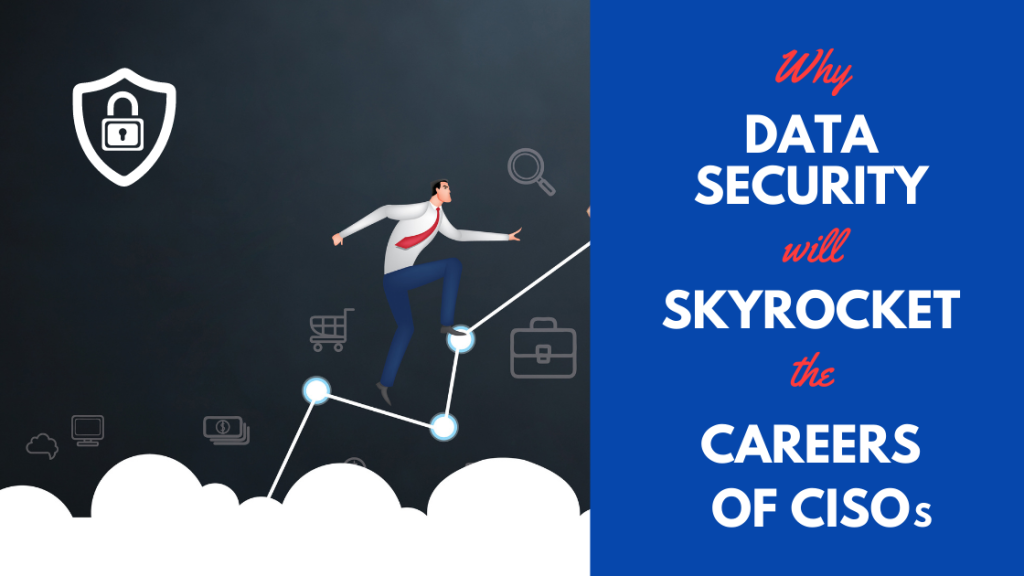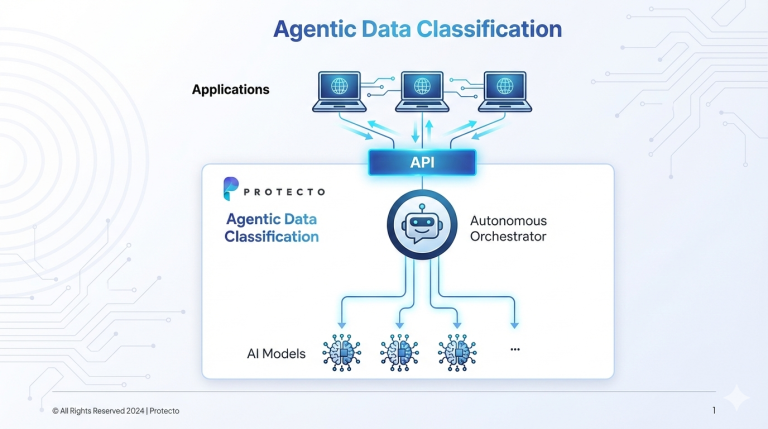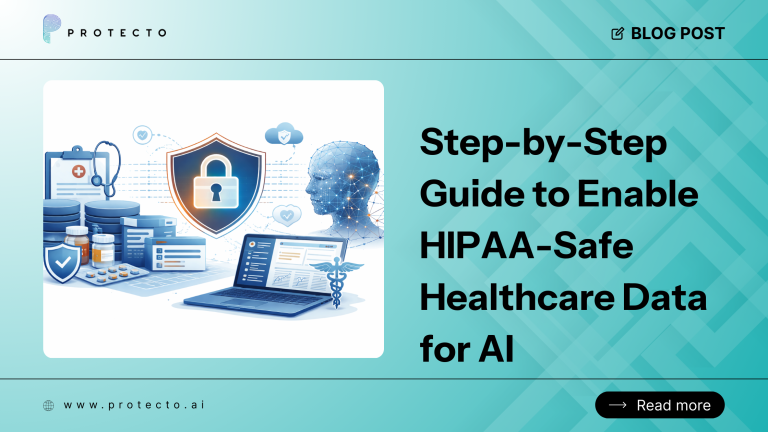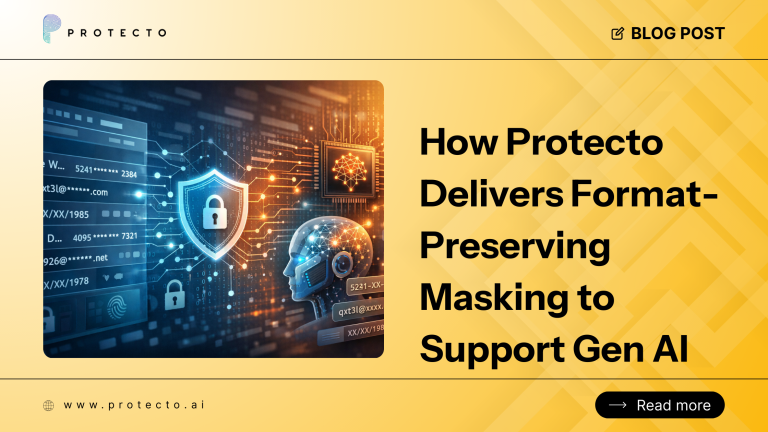Data security has emerged as one of the most critical problems of the decade. Moreover, the pandemic has driven up data safety concerns. Hence most organizations are evaluating their security posture and implementing measures to protect data better. As a result, data security provides a fantastic opportunity for security officers to demonstrate their strong leadership skills.
Data security – a giant growing problem
With every passing day, data security and privacy become bigger problems for organizations. Consider the following current issues:
- The amount of data generated and collected daily continues to grow exponentially and is not expected to stop in the coming years.
- As data generation, collection, and use have gone up, so have the data protection risks that organizations need to consider.
- The threat of cyber-attacks continues to rise, with new threats coming to the fore regularly. The recent ransomware attacks demonstrate this.
- Recently, the world has witnessed several staggering data breaches that have left indelible consequences for those affected by them.
- Additionally, data protection regulations, like GDPR and CCPA, force stringent compliance norms regarding data. GDPR fines continue to double each year.
CISOs on data security
Traditionally, the CISO role would significantly focus on network security and active threat protection. However, with the current data landscape, the role of the CISO is evolving quickly beyond the realms of network security and into the much broader and more complex realm of data security.
CISOs are expected to be overall custodians of the organization’s data security posture, establishing adequate governance and security practices. Managing the data security posture requires CISOs to create a framework for balancing business operations vs. data risks. As the responsibility is to create a comprehensive data security framework, the job of the CISO necessitates a nuanced understanding of the needs of the business and all appropriate regulations.
Leverage existing advantageous position
Moving forward, C-suite will be expected to have adequate knowledge of data protection risks to make strategic investment decisions. Moreover, in most organizations, CISOs already have a seat at board meetings. Thus, CISOs will be seen as the subject expert on data security and technical aspects of data privacy in leadership meetings. Their input on data protection will be sought in many strategic discussions. Driving strategic conversations and getting attention from top executives would help advance CISOs’ careers. Many established CISOs may also see a change in their reporting structure, and top management roles open up for them.
In many instances, CISOs get additional responsibilities without appropriate budget allocation. However, businesses consider data protection risks a priority, and they assign budgets accordingly. Therefore, CISOs could also get resources for additional data security responsibilities, setting security officers up for success.
Driving data security conversation
Data security is a complex problem, and not all organizations are mature enough to understand the complexity involved in data protection. CISOs have the hard job of driving awareness and change. Here are some basic steps to push the data security agenda:
- Educate – In general, CEOs and other C-suite members do not have a direct line of sight into security. CISOs can do the all-important work of imparting the required education. The CISO is also in charge of communicating all relevant security measures and practices to employees.
- Raise awareness – With education comes awareness. Raising awareness is particularly important with today’s data-driven workloads, where security can be a significant concern. With proper awareness, those in managerial positions can better understand the mission-critical nature of data security.
- Company-wide training – CISOs can also proactively provide security training company-wide, ensuring that everyone in the organization understands the importance of data security. Training can help individuals and teams internalize their responsibility and accountability regarding data security.
- Strong collaboration with data teams – The data team implements tools and controls to deliver data security and privacy. While there might be dedicated data security personnel or teams, the role of the CISO dictates a bird’s-eye view of data protection. Hence, CISOs must work very closely with data teams to implement the organization-wide data security plan.
- Inclusive planning vs. policing – Many organizations see the security team as an enforcer of protocols, procedures, and compliance. However, successful security leaders can assign essential responsibilities to people across the company to make them partners. Such an inclusive approach can make a company more resilient in case of data security-related incidents. Crucially, it will provide CISOs necessary support across the organization.
The role of Chief Information Security Officers (CISO) has evolved over the years, and data security could be the next launch point in their careers. However, protecting data is a complex problem, and it has the capacity to make or break the careers of many CISOs. In addition, tools and approaches that worked in previous decades and even recent years are no longer effective, forcing security leaders to adopt new strategies.



